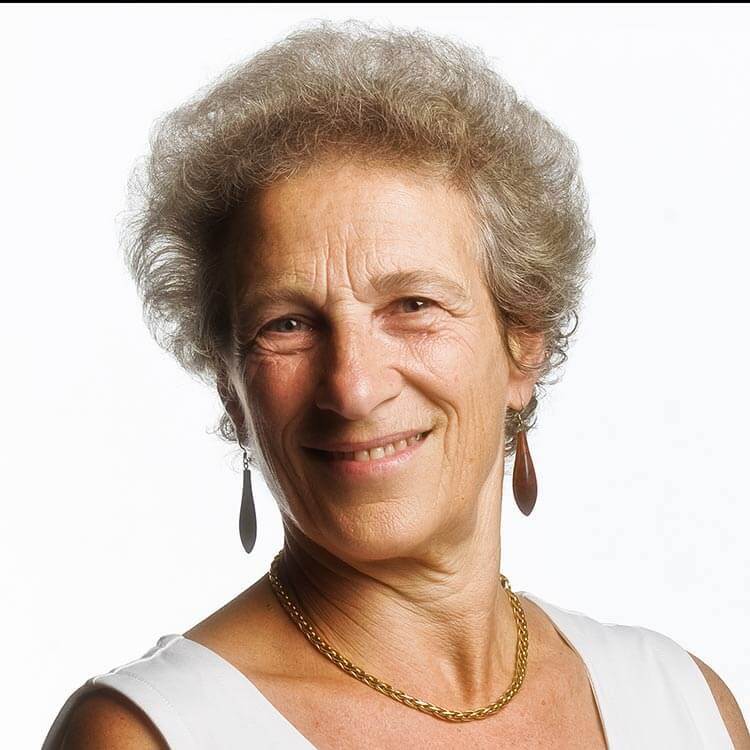Search
Research
Do parent-reported early indicators predict later developmental language disorder? A Raine Study investigationDevelopmental language disorder (DLD) is one of the most common neurodevelopmental conditions. Due to variable rates of language growth in children under 5 years, the early identification of children with DLD is challenging. Early indicators are often outlined by speech pathology regulatory bodies and other developmental services as evidence to empower caregivers in the early identification of DLD.
Research
Ear and hearing outcomes in Aboriginal infants living in an urban Australian area: the Djaalinj Waakinj birth cohort studyDescribe the ear and hearing outcomes in Aboriginal infants in an Australian urban area. Aboriginal infants enrolled in the Djaalinj Waakinj prospective cohort study had ear health screenings at ages 2-4, 6-8 and 12-18 months and audiological assessment at ∼12 months of age. Sociodemographic, environmental characteristics, otoscopy, otoacoustic emissions, tympanometry and visual reinforcement audiometry data were collected.

Research
Morbidity due to acute lower respiratory infection in children with birth defects: A total population-based linked data studyChildren with birth defects experience higher rates of hospitalisation for ALRIs before age 2 years than children with no birth defects.
Research
High Nasopharyngeal Carriage of Non-Vaccine Serotypes in Western Australian Aboriginal People Following 10 Years of Pneumococcal Conjugate VaccinationInvasive pneumococcal disease (IPD) continues to occur at high rates among Australian Aboriginal people.
Research
Safety and Immunogenicity of Neonatal Pneumococcal Conjugate Vaccination in Papua New Guinean Children: A Randomised Controlled TrialWe conducted an open randomized controlled trial in Papua New Guinea to compare safety, immunogenicity and priming for memory of 7-valent PCV (PCV7) given in...
Research
Association between early bacterial carriage and otitis media in Aboriginal and non-Aboriginal childrenStreptococcus pneumoniae (Pnc), nontypeable Haemophilus influenzae (NTHi) and Moraxella catarrhalis (Mcat) are the most important bacterial pathogens...
Research
Respiratory viral pathogens associated with lower respiratory tract disease among young childrenAcute lower respiratory tract infections (ALRI) commonly result in fatal outcomes in the young children of Papua New Guinea (PNG).
Research
Prevalence of and risk factors for human rhinovirus infection in healthy aboriginal and non-aboriginal western australian childrenHuman rhinovirus (HRV) species C (HRV-C) have been associated with frequent and severe acute lower respiratory infections and asthma in hospitalized children.
Research
Reduction in disparity for pneumonia hospitalisations between Australian indigenous and non-Indigenous childrenIn the 1990s pneumonia hospitalisation rates in Western Australia (WA) were 13 times higher in Indigenous children than in non-Indigenous children...
